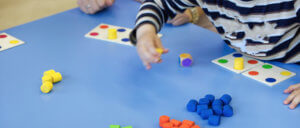
Scores of writing programs use daily journal entries to teach children to write. “Journal Writing Every Day: A Painless Way to Develop Skills” trumpets a typical Education World article, chronicling scores of classrooms in which teachers assign daily journaling to elementary students, using such prompts as “If I could give one piece of advice to any person in history, that advice would be…” and “What would you do if you were president of the United States?”
Is this a good teaching strategy?
While journaling works for some students, we think that it’s a flawed technique to use across the board. Writing, particularly in the elementary years, requires students to perform several difficult steps simultaneously: they have to come up with content, figure out how to put that content into words, and get those words down on paper while thinking about spelling, grammar, punctuation, and letter formation. (For a full explanation of this process and how to teach students to carry it out with ease, see our essay “Writing With Ease”.)
Some elementary students, particularly those who are naturally gifted in writing, master these multiple steps and are ready to do original writing such as journaling and other imaginative assignments. But many others are simply frustrated by the requirement to come up with content while still struggling with the basic skills of writing. Rather than being given constant writing assignments such as journal entries, these students need to be taught how to get words down on paper through careful, daily assignments in copywork, dictation, and narration, along with systematic instruction in grammar and spelling.
It is completely normal for elementary students to be unready for journal assignments until fifth or sixth grade. In grades 1-4, it is not necessary for the student to do original writing—and it is extremely common for original writing to be beyond the developmental capability of many students. There is plenty of time for original writing as the student’s mind matures.
During the first four years, it is essential that students be allowed instead to concentrate on mastering the process: getting ideas into words, and getting those words down on paper with proper spelling and grammar.
So if your student enjoys journaling, carry on. But if he or she complains, stalls, or cries, pitch out the journal and go back to doing narration, copywork, and dictation. Take the time to lay a foundation first; during the middle- and high-school years, the student can then build on it with confidence.
Recommended Products
-

Juneteenth Booklist & Activities
0 out of 5$0.00 Add to cart -
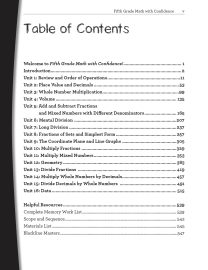
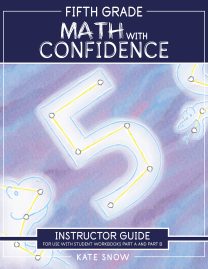
Fifth Grade Math with Confidence Instructor Guide
0 out of 5Starting at:$36.95Original price was: $36.95.$27.71Current price is: $27.71. Select options -
Sale!

Hansel & Gretel and Other Stories: Downloadable MP3
0 out of 5$12.95Original price was: $12.95.$9.71Current price is: $9.71. Add to cart -
Sale!

Dorothy and the Wizard in Oz: Downloadable MP3
0 out of 5$25.95Original price was: $25.95.$19.46Current price is: $19.46. Add to cart -
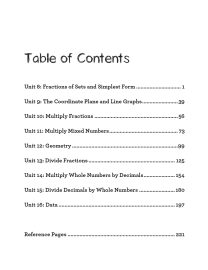 Sale!
Sale!
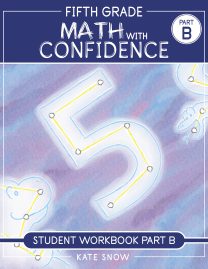
Fifth Grade Math with Confidence Student Workbook B
0 out of 5$16.46 – $21.56 Select options This product has multiple variants. The options may be chosen on the product page -
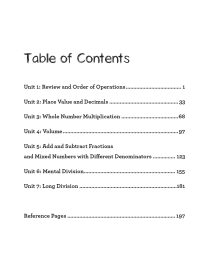 Sale!
Sale!
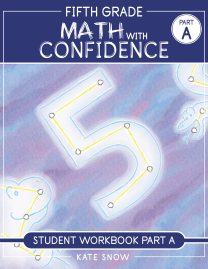
Fifth Grade Math with Confidence Student Workbook A
0 out of 5$16.46 – $21.56 Select options This product has multiple variants. The options may be chosen on the product page
ABOUT THE AUTHOR
Susan Wise Bauer
Join over 100,000 homeschooling families
For the latest offers, educational insights, products and more.
By joining you agree to our privacy policy.














